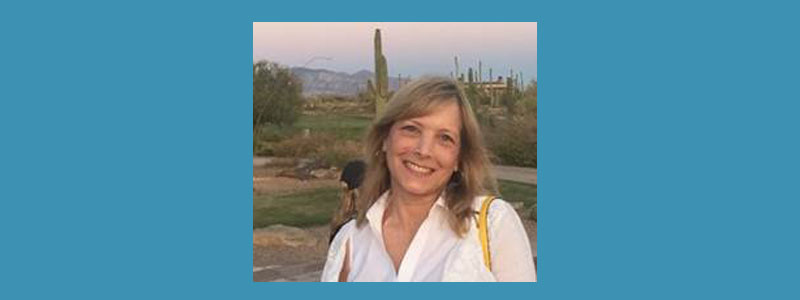Community Blog Remembering Jill Segal z”l

Rabbinical student Lea Andersen remembers her classmate and friend Jill Segal on the anniversary of her yahrtzeit.
Among the many things Moshe Rabbeinu passed into the hands of the Jewish people throughout his final words in Sefer Devarim, two things stick out the most for me: first, he pleas for right moral action among the Jewish people, even in the face of difficulty, and second, he offers blessings for what would be a long and hard journey ahead. Moshe’s example of a leader’s farewell is a powerful one—while warning of the difficulties the people would face after their conquests in the Land, he offered hope that the future could be bright, and reminded them of God’s presence in their midst. No matter what mistakes the people were destined to make, Moshe had set them up for success. I was privileged to be one of Jill Segal’s (z”l) chevruta during her time at Hebrew College and though her time was cut short, and though our community’s loss was immense, I was honored to learn some of Jill’s Torah, which continues to inspire me. What she had to teach, as well as her approach to learning, were never meant to be a farewell, yet they stand as part of her legacy in our midst today, similar to Moshe’s words in Devarim.
Jill was never afraid to look at our past and point out the places where our texts and traditions had failed to address societal needs, such as the story of Sarah and Ishmael. Jill was the first of our agudah (study pod of three people) to point out the blatant injustice being done to Ishmael when Sarah forced Avraham to exile him. For Jill, it was a matter of personal offense: “Am I supposed to bless my daughter to be like Sarah when this is what she does to people?” Eventually, Jill would find a different kind of message in Sarah’s story—one of teshuvah and forgiveness when mistakes are made, even massive ones. But it is the moral conviction that we saw that defined her Torah. She was not someone to be content with an injustice that was allowed to stand in the name of tradition, and that spirit continues to inspire me today.
But Jill’s Torah was about more than text study. Much of it was found in the way she led her life. One of the things that has stuck with me the most about who Jill was is her generosity. Whether it was her willingness to host parties for our cohort, or the surprise of a gemara card for the people she studied with, or a generous assumption about a person’s intentions, Jill always found a way to share her love and kindness with the world. Through her example, she gave us a blessing and a charge—that we should share our joy, passion, and kindness with the world at every opportunity. By embodying her commitment to justice and generosity simultaneously, we can repair some fragment of this broken world. I can think of few better ways to honor her legacy.

